15 Best Soulslike Games Ever
The best Soulslike games ever show why this is the most important genre in the modern era of gaming.
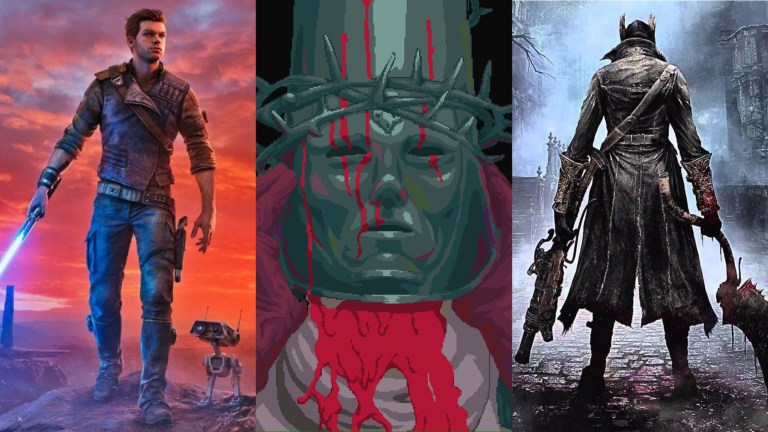
The rise of the Soulslike genre has, in some ways, defined the modern era of gaming. Like the FPS and Open-World genres before it, the Soulslike genre was born from the desires of its time and rebellion towards many industry trends. Of course, like the other greatest gaming genres, some Soulslike games are simply better than others.
Before we get into that, though, it’s important to define what a Souslike game is. While there is plenty of room for debate when formatting the exact definition of a Soulslike game, most entries into the genre feature some of these design elements:
– An emphasis on difficulty
– A checkpoint system that respawns enemies
– Role-playing elements that offer opportunities for character growth
– Encouraging player death to learn mechanics/environment navigation
– Indirect information related to narrative elements and gameplay mechanics
– Combat systems that focus on memorizing enemy movement and attack patterns
While a game doesn’t necessarily need to feature all of those elements to qualify for this list, the games on this list typically emphasize three or more of those qualities. While some also incorporate elements of other genres (most notably, Metroidvania and roguelike titles), each ultimately feels closer to being a Soulslike title than anything else. Of course, Souslike games are often more of a feel that you recognize when you play them rather than something that is easy to cleanly define in a way that will leave no doubt as to its validity.
Oh, and I am utilizing a “one entry per franchise” rule for this list. Granted, that is largely to avoid one particular developer dominating the genre that they created…
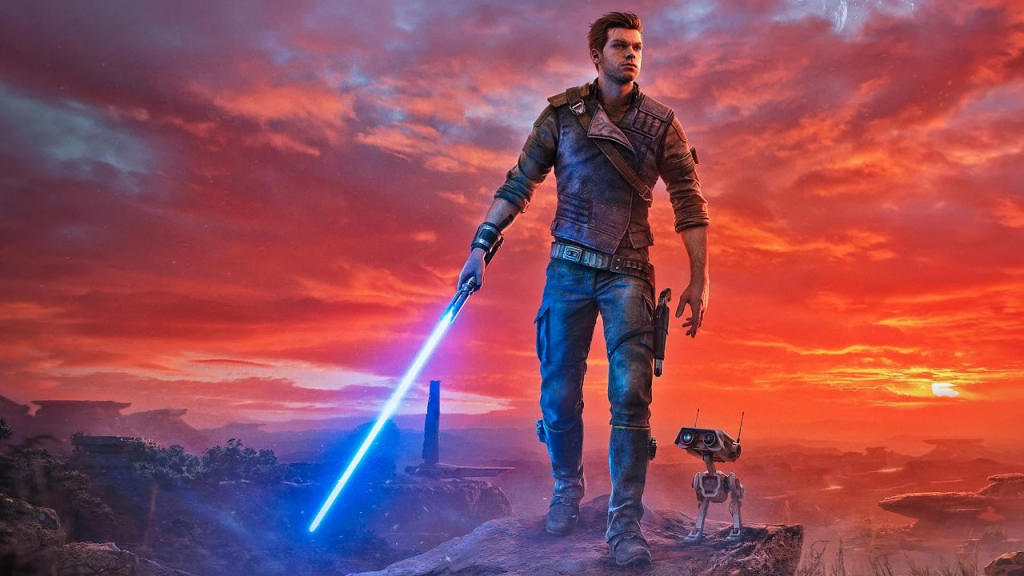
15. Star Wars Jedi: Survivor
Though I actually love the slightly more intimate, more Metroidvania-like nature of Jedi: Fallen Order, Survivor deserves a lot of love for being that rare sequel that goes bigger while retaining and improving most of the important qualities of the original experience.
Despite its increased size and all the activities that expanded real estate offers, Survivor’s best features are often its most Soulslike. The typically methodical style of Soulslike combat proves to be the perfect fit for lightsaber-based action, yet there is a sense of fluidity and playfulness to Survivor’s battles that feels uniquely Star Wars. The same is true of the navigation mechanics, which sometimes rely a bit too much on Uncharted-style setpiece gimmicks but ultimately make the journey between checkpoints and milestone moments that much more thrilling.
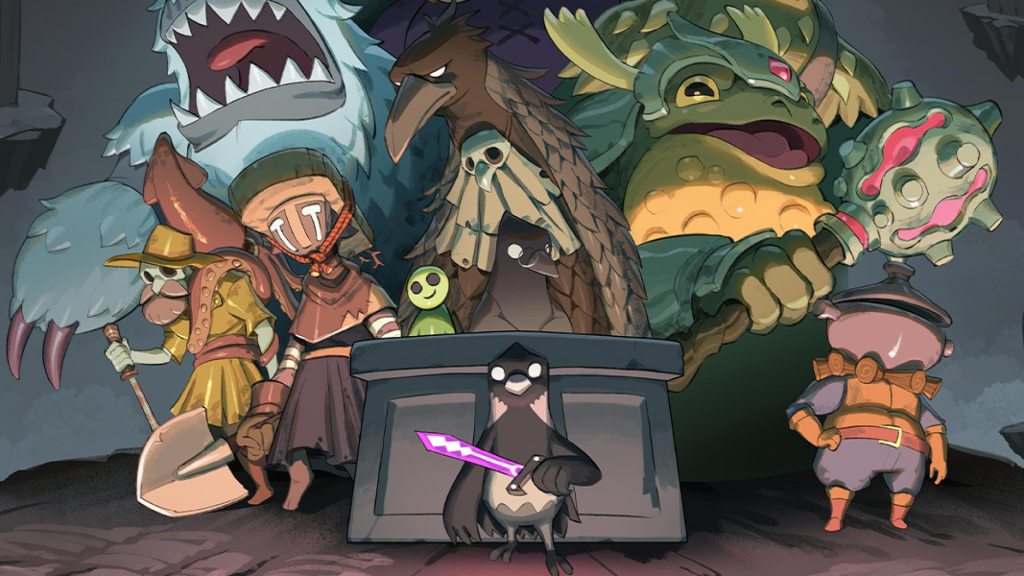
14. Death’s Door
Though actually a follow-up (and a loose sequel) to developer Acid Nerves’ brilliant Titan Souls, Death’s Door’s development team clearly didn’t allow themselves to rest too long on familiar ground. Because of that, Death’s Door might just be the most compelling blend of traditional Legend of Zelda ideas and Soulslike mechanics that we’ve seen yet.
Like the best classic Legend of Zelda games, Death’s Door emphasizes puzzle solving, environmental navigation, and using every tool available to you (including, more often than not, your own cleverness) to overcome a variety of challenges. Yet, it’s the ways that the game uses fundamental Soulslike concepts to really sell the danger and thrill of those environments you constantly need to explore that really makes this such a special experience.
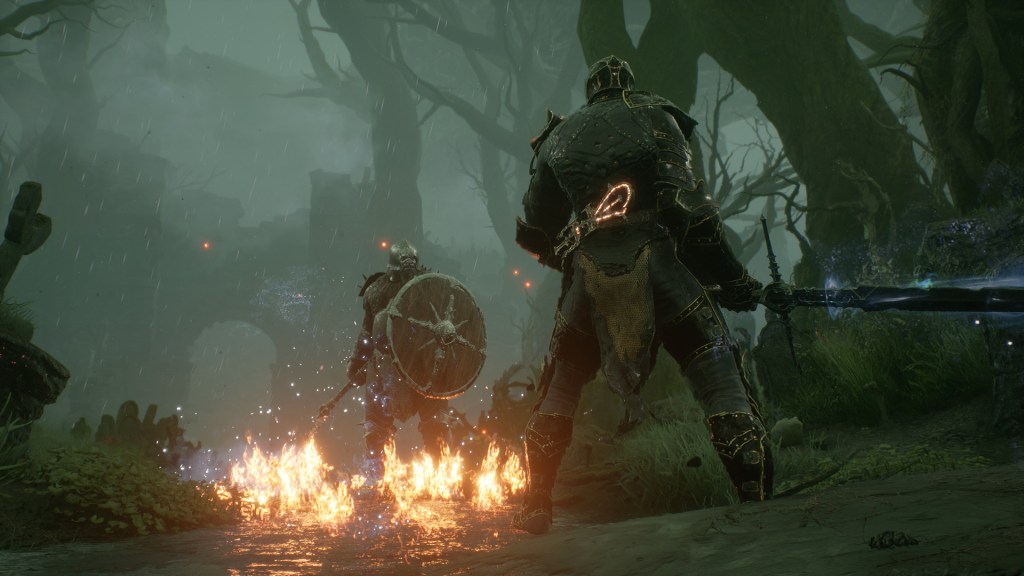
13. Mortal Shell
Mortal Shell is an interesting part of the evolution of the Soulslike genre in that it’s hardly much of an evolution at all. At a time when developers were already trying to take Souslikes in new directions, Mortal Shell dialed things back a bit by emphasizing simpler ideas and a slightly slower form of combat similar to what we saw in the original Dark Souls. Yet, Mortal Shell succeeds largely because of its familiarities rather than in spite of them.
Mortal Shell’s weighty combat mechanics really allow you to feel the importance of every strike and constantly consider strategies (such as using its unique “hardened” system to shield your body from one incoming blow) that more modern Soulslike games typically don’t emphasize. More importantly, Mortal Shell’s fundamentally sound core systems allowed developer Cold Symmetry to play with variations on classic Soulslike ideas. I’m a big fan of the way this game makes you use many items to discover what they do as well as the ways it utilizes a clever “shell” character system to get around its relatively limited number of weapons and items.
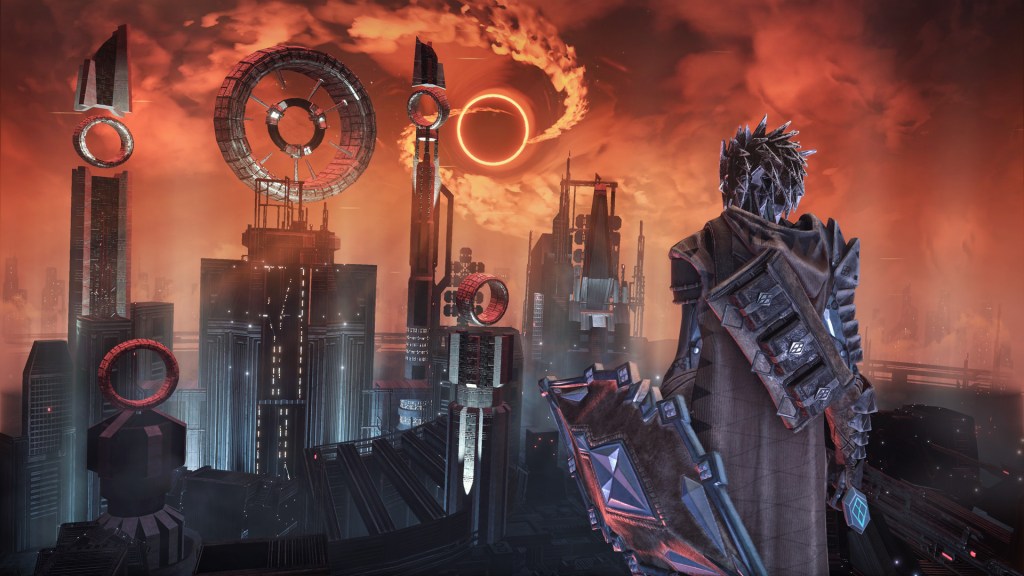
12. Hellpoint
First off, I have to say that I was tempted to spend this entire entry finding new ways to praise Hellpoint’s brilliant atmosphere and implementation of stylistic influences. Hellpoint is essentially a sci-fi horror game, but it also incorporates dark fantasy elements that you don’t usually find in that genre. There is a gothic nature to this game’s atmosphere that is usually surprising to encounter yet always feels remarkably appropriate. It strangely reminds me of Event Horizon in that respect, if that means anything to you.
Hellpoint is so much more than a stylish face, though. Its exceptional combat system encourages you to dodge most incoming attacks in order to land a devastating counter-attack rather than simply wait for an opening. Hellpoint also features one of the more interesting collections of ranged weapons I’ve seen in a Soulslike game, and the way that this game allows you to improve many of those weapons simply by using them is a perfect mechanic for this kind of experience.

11. Ashen
Though it certainly appears to be a pretty by-the-numbers Soulslike experience on the surface, Ashen may just be the most surprising game on this list in many respects.
Ashen’s familiar dark world soon proves to contain a surprising amount of beauty just waiting to be discovered. Its weapon system makes you consider the often subtle benefits and drawbacks of what initially appears to be a small inventory of available gear. Most importantly, Ashen emphasizes an almost Journey-like “drop-in” multiplayer system that feels spiritually similar to Dark Souls’ co-op mechanics but is utilized in a way that perfectly plays with the game’s themes of hope in unexpected places. It’s the kind of game that rewards you for daring to drive deeper into it, which is what the best Soulslike titles should strive to do.
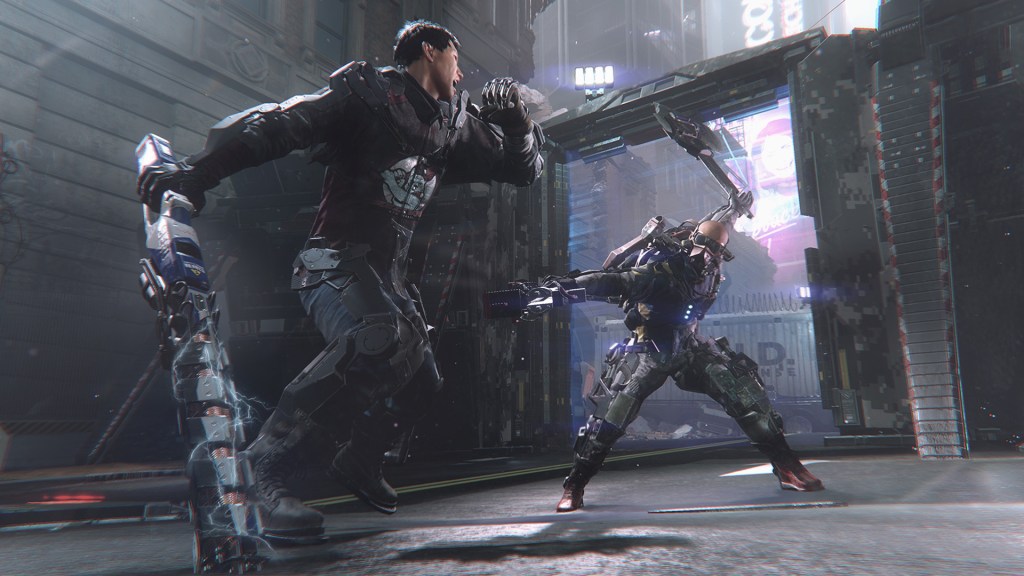
10. The Surge 2
2017’s The Surge is…fine. It was a sci-fi Soulslike game that had some interesting ideas but was clearly struggling to figure out what made it special or even just noteworthy. Well, 2019’s The Surge 2 realizes its predecessor’s potential while also achieving so much more than I would have ever thought that The Surge was capable of.
Like many of the games on this list, The Surge 2’s most important (and most enjoyable) feature is its combat. The Surge 2 reimagines its predecessor’s already interesting limb-based targeting system in ways that really encourage you to study, understand, and ultimately dissect enemies for both resource-gathering purposes and simple survival. While the game’s story and style certainly aren’t the best in this particular genre, the constantly surprising ways this game connects large pieces of its world really emphasize those Metroidvania elements that some Soulslike titles have downplayed over the years.
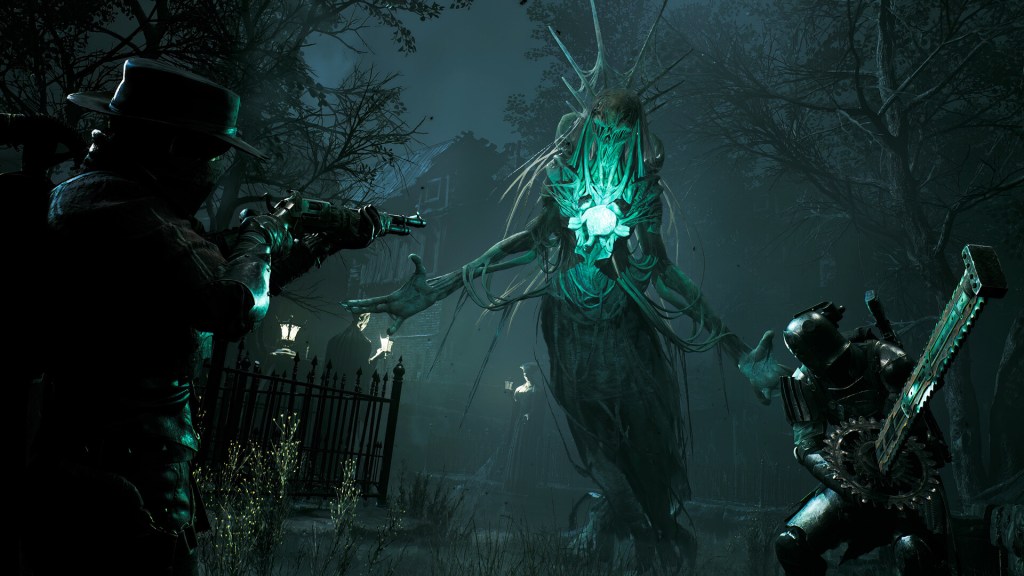
9. Remnant 2
Though it certainly challenges the limits of the vague Soulslike definition this entire article is built upon, I have to say that Remanant 2 may be one of the best examples yet of how even basic Soulslike concepts are showing more games new and better ways to do things.
Don’t be fooled by its third-person trappings. Remnant 2 utilizes Soulslike concepts such as combat evasion, “bonfire-like” checkpoints, and trial-and-error-style difficulty to offer the rare shooter experience that really makes you carefully consider the consequences and rewards of your combat decisions. That exceptional combat system serves as the backbone of an adventure that offers the kind of narrative twists, puzzles, sidequests, and advanced character-building concepts that you’d certainly never expect to see in a game like this. So many modern action titles try to incorporate bare-bones versions of deeper concepts and few of them come close to matching the care that went into nearly every aspect of Remnant 2.
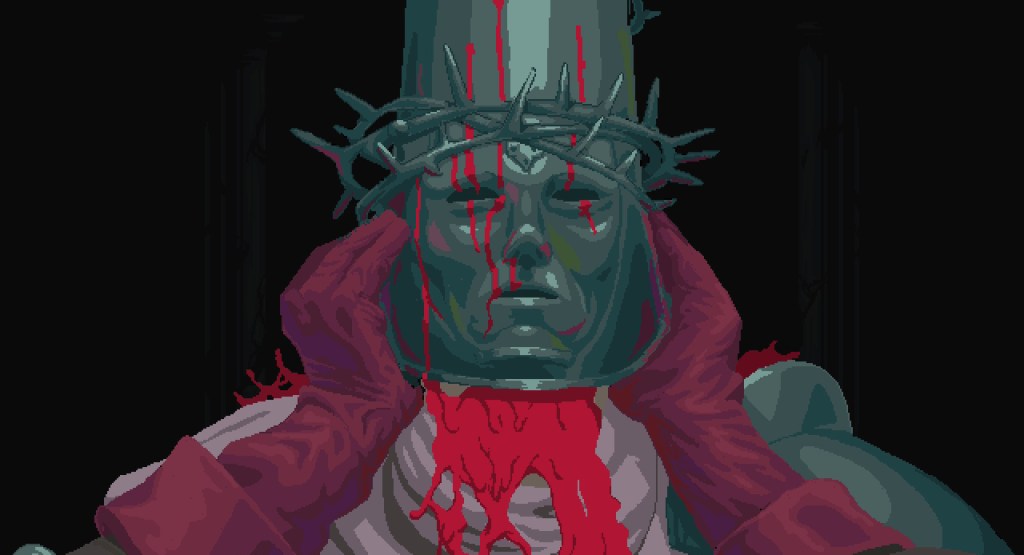
8. Blasphemous
If nothing else, Blasphemous is one of the creepiest, goriest, and most frightening 2D games I have ever had the…oh, let’s say “pleasure” of playing. Look as hard as you’d like, and you’ll struggle to find a game that squeezes more horror out of a seemingly simple (yet undeniably gorgeous) pixel art style.
Blasphemous’ brutal visuals soon prove to be the spiritual basis of its exceptional gameplay. Though Blasphemous features the platforming, puzzles, and navigation elements you’d perhaps expect to see in a more traditional 2D Metroidvania game, Blashphemous’ Soulslike action makes the otherwise largely forgettable encounters in many of those games feel substantial and enjoyable. The only thing better than discovering an exceptionally well-animated finishing move is finally reaching that invaluable checkpoint and briefly reigniting hope that you may yet survive another blind dive into a dark corner of this game’s unforgiving world.
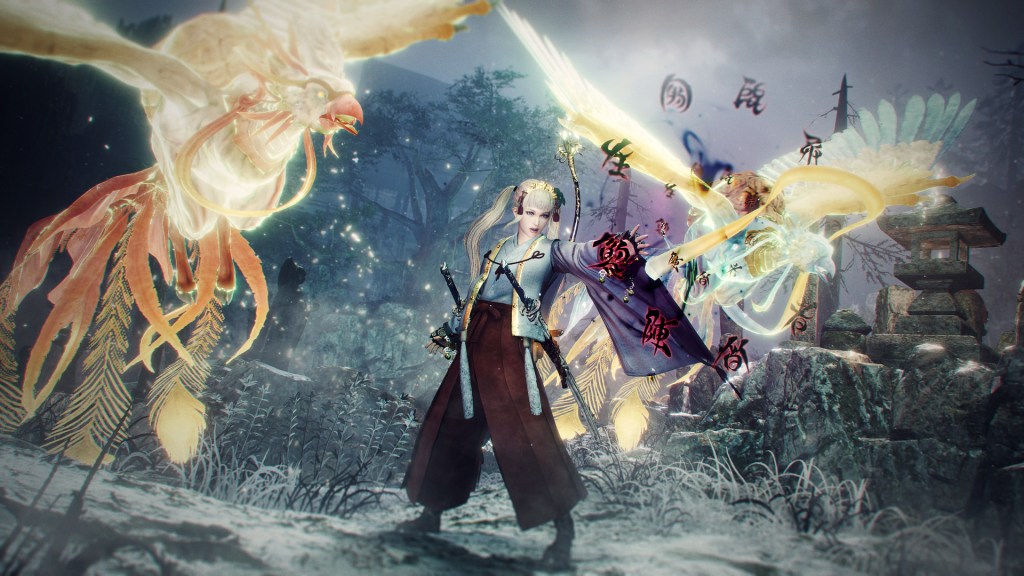
7. Nioh 2
As a longtime Souslike fan, 2017’s Nioh was a real “light bulb” moment for me. It was a game that really showcased the ways that developers were stripping the Soulslike genre down to its essential elements in order to form a core strong enough to support their own visions. For Nioh, that vision includes a frantic form of samurai-style action that could only come from the wonderfully weird minds of Team Ninja. It was the first Team Ninja action game in years that felt worthy of the challenges and refined mechanics that once defined the Ninja Gaiden series.
Well, Nioh 2 is the generally better version of that experience. Much like how many Soulslike games eventually trust the player to master their essential mechanics, Nioh 2’s developers clearly assumed you were starting the game with at least a fair understanding of the previous title. That faith allowed them to construct a more ambitious (and yes, often more challenging) game that throws a nearly unrivaled number of challenges at you and expects you to invest everything you have and everything you’ve learned in every single encounter. It is as rewarding and deep as any Souslike game out there.

6. Salt And Sanctuary
As I mentioned throughout this list, this is a natural harmony between Soulslike games and certain 2D gaming experiences (most notably, Metroidvania games) that I find goes slightly overlooked as the genre blossoms into its own thing. In many ways, though, early Souslike games were reimagining formerly core retro game concepts for a more modern era that had started to abandon them. Well, 2016’s Salt And Sanctuary dialed things back a bit by using those emerging Souslike concepts to enhance those foundational 2D experiences.
It wasn’t necessarily the first game of its kind to do such a thing, and it certainly wasn’t the last. However, I think you could safely argue that Salt and Sanctuary remains the best 2D Soulslike game. By adding Soulslike character building, equipment, navigation, and penalty concepts to a labyrinthian Metroidvania experience where progression is typically tied to abilities, Salt and Sanctuary weaves a tapestry with the threads that bind those two eras of game design. Its wonderfully bleak visual design is just the cherry on top of one of the most rewarding experiences this fundamentally rewarding genre has to offer.

5. Demon’s Souls (2020)
Though there are reasons why Dark Souls became more of a breakout hit than Demon’s Souls (more on those reasons in a bit), the growth of the Soulslike genre did rightfully encourage quite a few people to take another look at Demon’s Souls. While that 2009 title had certainly aged in some less-than-ideal ways. its biggest drawback was often its relative lack of availability. For quite some time, the game was seemingly destined to be limited to the PS3 hardware.
Well, Bluepoint Games’ exceptional PS5 remake not only brought Demon’s Souls into the modern era but did so in a way that put it in instant competition with the best Soulslike games released since Demon’s Souls kicked down the door. While Bluepoint certainly deserves credit for so thoroughly updating Demon’s Souls ‘visuals (this is still one of the best-looking PS5 games), it’s the many smaller updates and changes they made that ultimately make this one of the best video game remakes ever. Somehow, 2020’s Demons Souls is significantly more playable than the original title without sacrificing that spirit of raw ambition that made the original game so noteworthy in the first place.
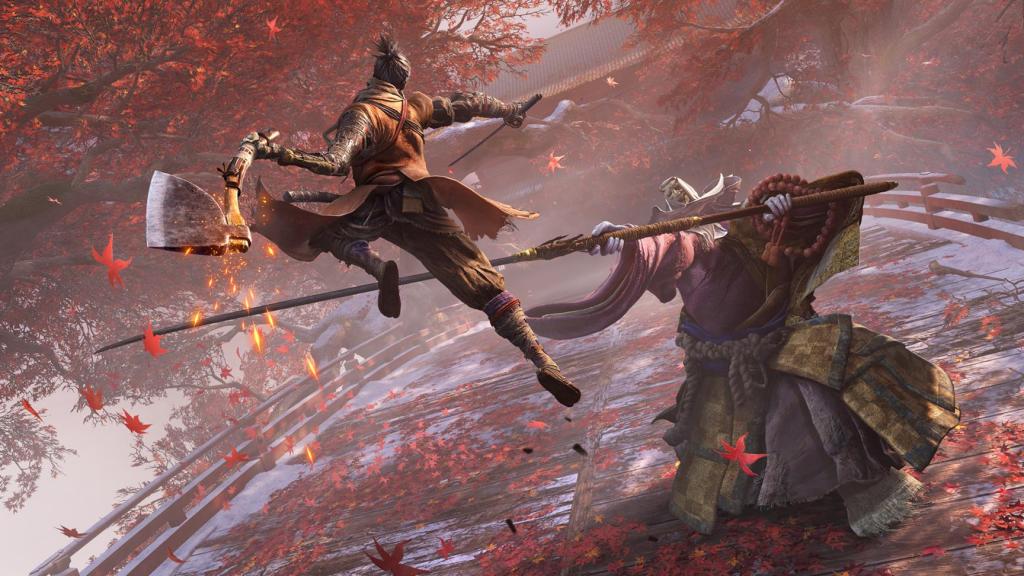
4. Sekiro
Possibly inspired by other studios’ attempts to strip the Soulslike genre down to its essentials and explore new directions, the first FromSoftware game on this list is also considerably different from the rest of the studio’s Souslike experiences. Indeed, Sekiro’s emphasis on stealth, posture, and technique caught many genre fans by surprise and caused some to label this the most difficult Soulslike game yet.
Maybe it is, but it’s the purity of the Sekiro experience that separates it from the rest of the FromSoftware collection and elevates it above so much of the competition. There is room for creativity in Sekiro’s combat, but it largely demands that you master a certain style of play. That would be annoying if it wasn’t for the fact that Sekiro features some of the smoothest and most satisfying melee combat you’ll find in any modern action game. That focused form of play also apparently gave FromSoftware permission to craft some of the most demanding and rewarding boss fights in a genre filled with exceptional examples of that classic concept.
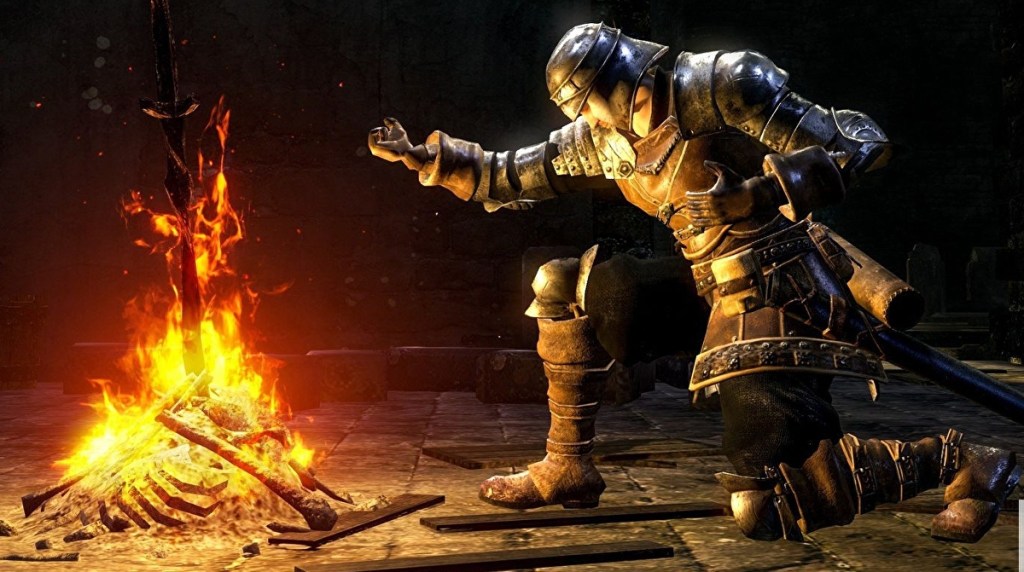
3. Dark Souls
Though not the godfather of this list, Dark Souls was many people’s first taste of a Soulslike experience. After all these years, you could argue it is still the best.
By altering Demon’s Souls’ more fragmented structure in order to incorporate a much more Metroidvania-like system of clearly connected areas, Dark Souls quickly established one of the most compelling design elements of many of the Soulslike experiences that would follow. Appropriately enough, that structure really allowed players to feel more connected with the intricate and purposeful world that FromSoftware had crafted. Crucially, it also allowed FromSoftware to more thoroughly explore new ways of torturing players by encouraging them to explore new, less obvious paths forward.
After all these years, though, it’s Dark Souls‘ execution of nearly everything it does that impresses most. Its wonderfully ambiguous lore, its airtight combat, those all-time great boss fights…other Soulslike games have evolved the genre and taken it in new directions, but Dark Souls remains one of the best examples of the fundamentals that make this genre so special and revolutionary.
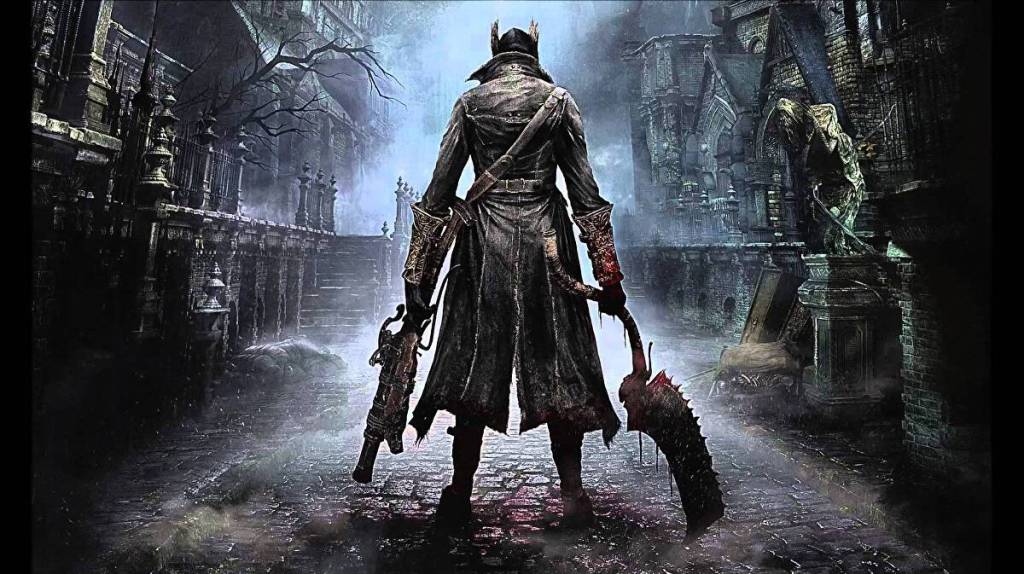
2. Bloodborne
Though Bloodborne’s nearly mythical modern status can partially be attributed to its somewhat strange PS4 exclusivity (remake when?), the fact of the matter is that few Soulslike games in recent memory have captured more imaginations as thoroughly a Bloodborne.
For Soulslike fans, Bloodborne’s deviations from FromSoftware’s previous works immediately made it notable. By emphasizing counters and dodges over defense and heavy strikes, Bloodborne offered a high-risk/high-reward combat system that encouraged fans to be more aggressive than they have in other Souslike titles. Genre fans loved the test of skills, while new players typically appreciated the faster form of play. Similar glowing praise was given to Bloodborne’s other gameplay innovations such as its almost roguelike Chalice Dungeons and reimagined weapon and gear systems.
Yet, so much of Bloodborne’s brilliance can be attributed to its horror. Though Dark Souls and Demon’s Souls dabbled in horror, Bloodborne fully embraced the genre (Lovecraftian and Gothic horror, in particular) in ways that genuinely made it not just a surprising example of the genre but one of the best horror titles of the last couple of decades. It is a towering achievement of style and function that tears open a hole in your heart that few games could possibly fill.
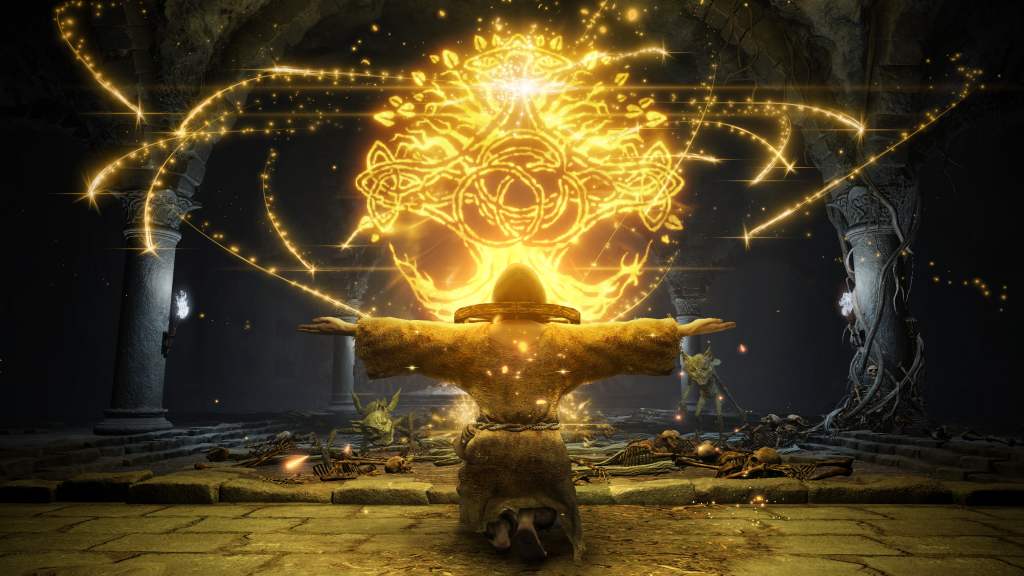
1. Elden Ring
Our 2022 game of the year feels like a strange kind of full-circle moment for the Soulslike genre. Dark Souls and Demon’s Souls represented a kind of counter to some of the industry trends that had taken root in the years surrounding their release. Yet, their outsider nature still caused some to eternally dismiss them as niche titles regardless of the waves they made. After all, how could such masochistic experiences where you did and die again compete with modern blockbusters such as the biggest and best open-world titles?
By converting some of the essential Soulslike concepts to a massive open world, FromSoftware really solidified a few of the things that fans of the genre already knew. Most notably, they informed some doubters and the hesitant that such games were never about being punished; they were about being rewarded for your daring, ingenuity, and perseverance. That system of rewards was all the easier to appreciate when it was transposed into a beautifully constructed open world where nearly every corner of the map was as likely to contain some incredible discovery as it was an unimaginable danger. Few open-world titles had ever offered such a sense of untamed adventure, and that sense of adventure stemmed from many of the things that had long made Soulslike games so much more than their popular reputation suggested they were.
Yet, it is harmful to speak of Elden Ring’s triumphs solely within the context of those who had previously denied this genre. Elden Ring’s creative triumphs have gifted gamers everywhere with not just an exceptional experience but a game that will likely help shape the creative direction of blockbusters for the better for years to come.
